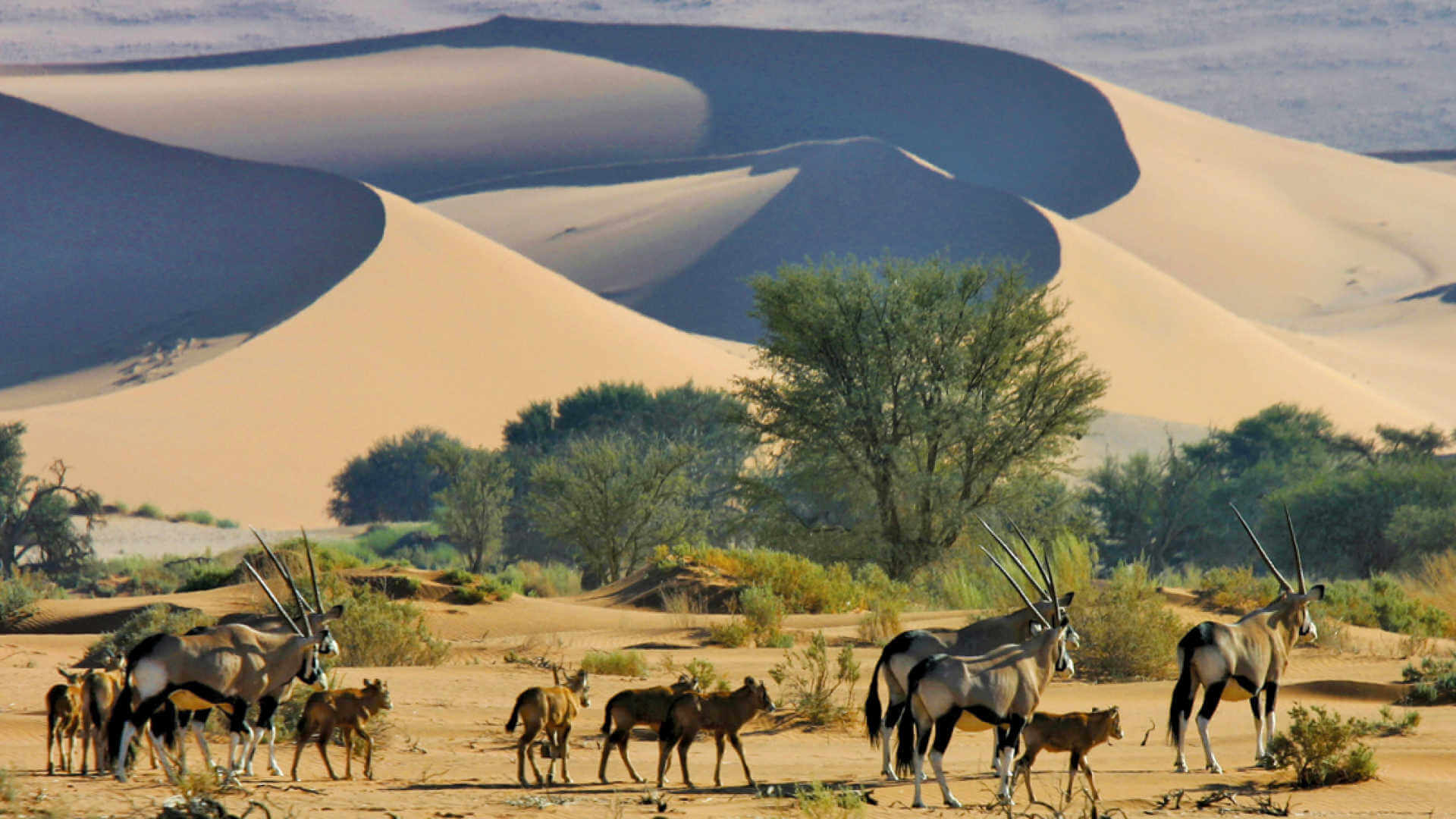In a bid to alleviate food insecurity caused by severe drought conditions, Namibia has announced plans to slaughter 723 wild animals. The decision was made in response to the country’s worst drought in 100 years, which is affecting nearly half of its population.
Sustainable Game Numbers and Human-Wildlife Conflict
The environment ministry believes that the animal populations have exceeded available grazing land and water supplies in certain areas, such as Namib Naukluft Park, Mangetti National Park, Bwabwata National Park, Mudumu National Park, and Nkasa Rupara National Park. The slaughter of these animals is intended to maintain sustainable game numbers.
Drought Relief Programme
The meat from the slaughtered animals will be distributed through the drought relief programme under the Office of the Prime Minister. This initiative aims to provide food assistance to those affected by the drought, with a focus on vulnerable communities.
Elephant Culling and Human-Wildlife Conflict
A significant portion of the animals scheduled for slaughter are elephants (83), which is intended to reduce human-wildlife conflict in areas where these animals have been encroaching on farmland. The ministry notes that severe drought conditions will lead to increased conflicts between humans and wildlife if interventions are not made.
Other Animals Scheduled for Slaughter
In addition to the 83 elephants, other animals set to be slaughtered include:
- 30 hippos
- 60 buffalos
- 50 impalas
- 100 blue Wilderbeest
- 300 Zebras
- 100 elands
Previous Hunting Efforts and Meat Distribution
To date, the government has contracted professional hunters and companies to hunt a total of 157 animals, yielding over 56,800 kilograms of meat. This exercise is deemed necessary by the environment ministry, which notes that Namibia’s natural resources are used for the benefit of its citizens.
United Nations’ Food Security Concerns
According to the United Nations, Namibia has exhausted 84% of its food reserves in July and nearly half of its population is expected to experience high levels of food insecurity. The country faces significant challenges in addressing this crisis through sustainable means.





